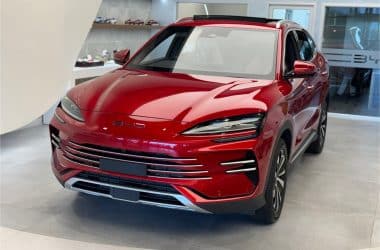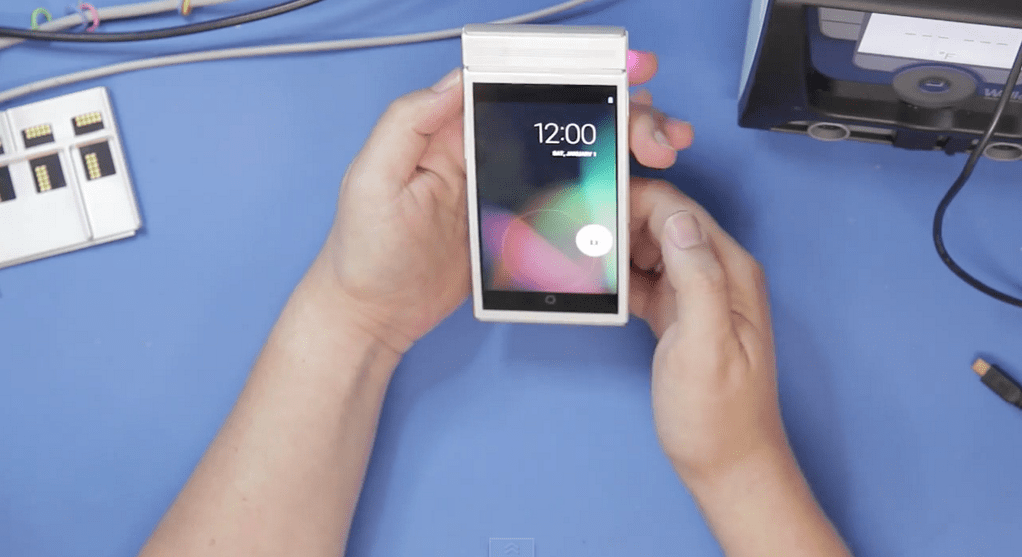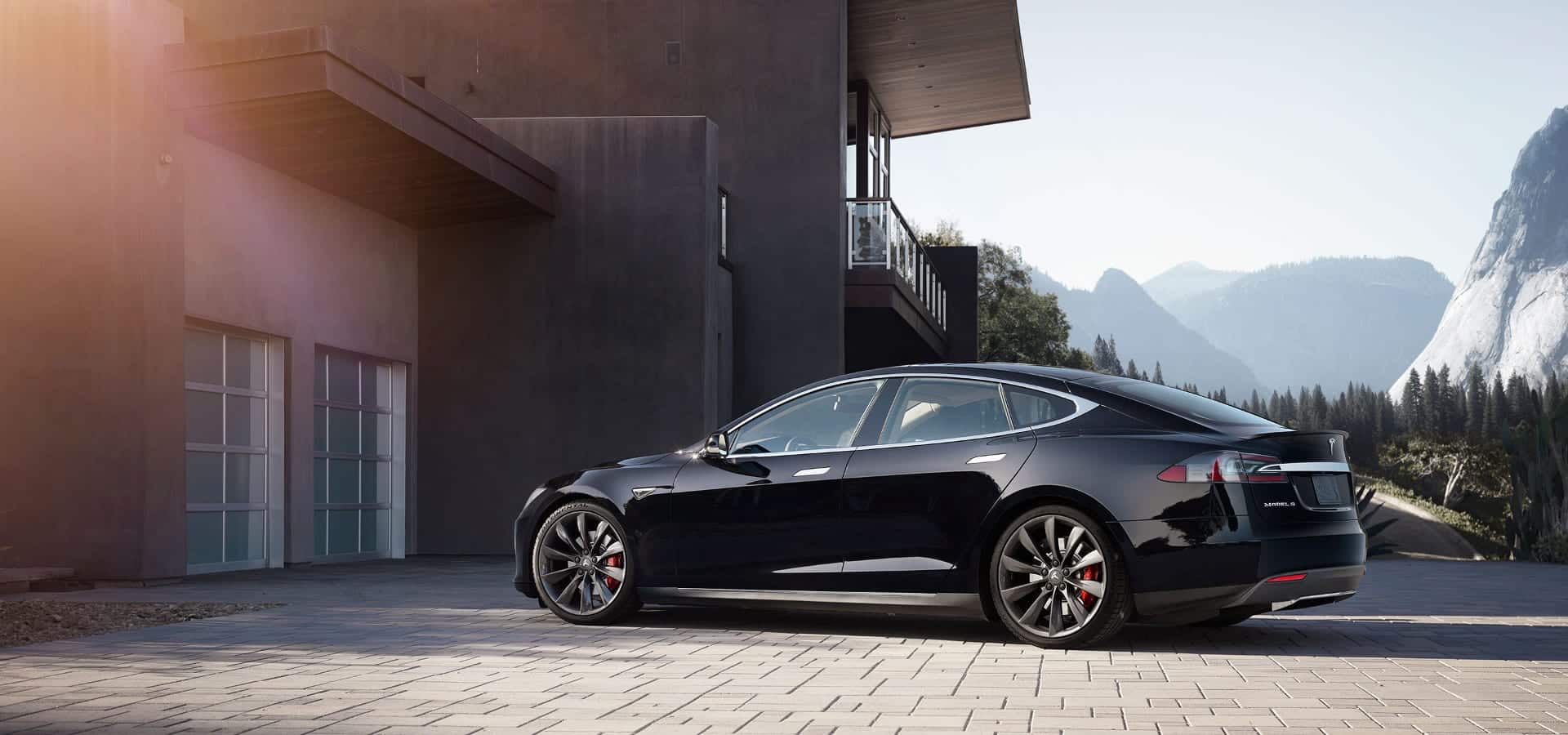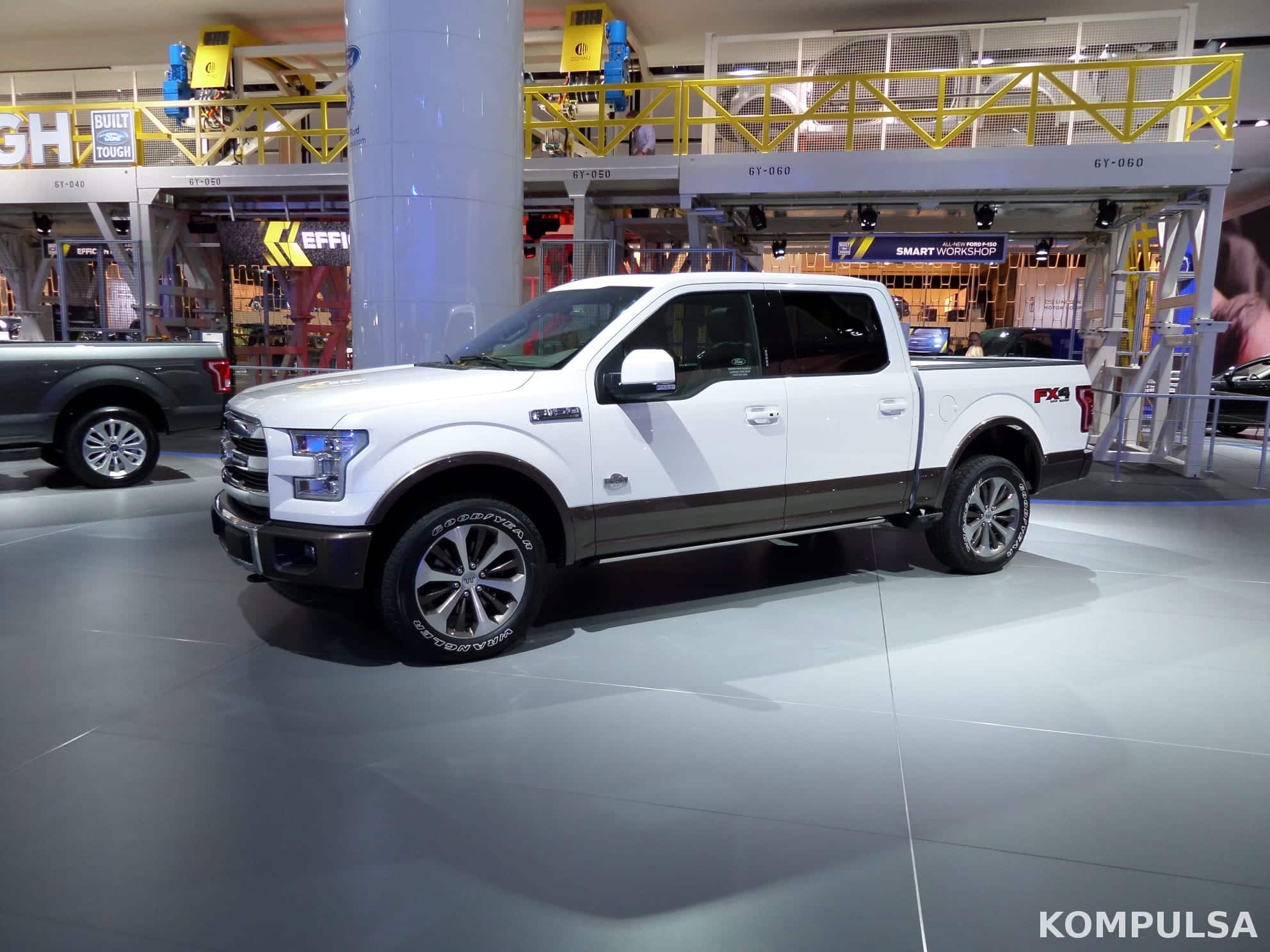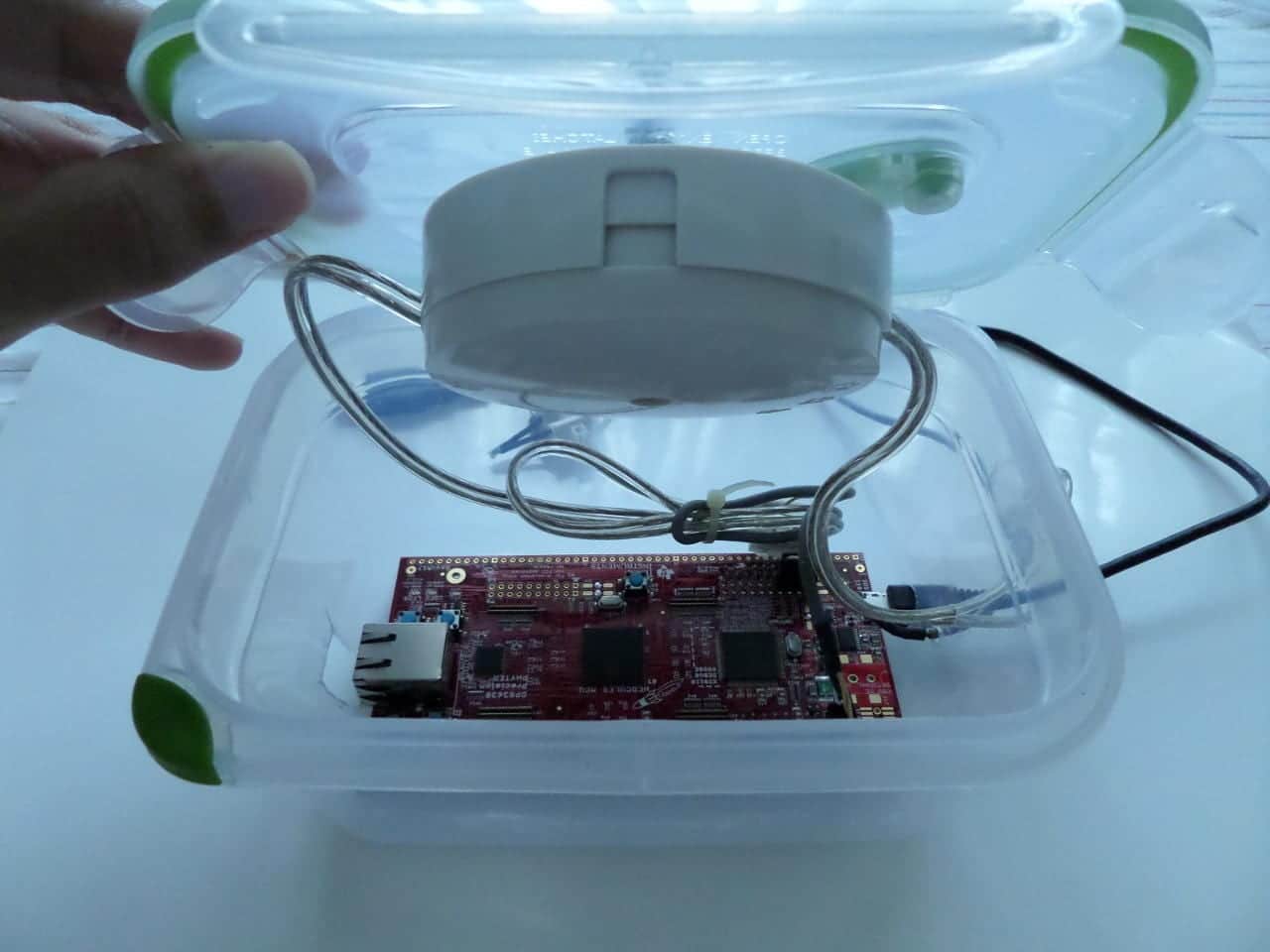The United States and Canada have opened a bi-national EV charging corridor between the two countries. The corridor ensures that people travelling from the United States to Canada or back can easily recharge their electric cars along the way. The EV charging corridor will have charging stations every 50 miles (80 km) to ensure that even shorter range electric vehicle models can make the trip.
The EV charging corridor will provide 215 charging stations along Canadian highways, 61 stations from Detroit to Toronto (within 6 km of the highway), and 154 stations from Toronto to Québec City.
The corridor extends from Kalamazoo, Michigan to Québec City, Québec, Canada. It passes along the following highways:
- I-94.
- Highway 401, which passes through Toronto.
- Highway 20 in Montreal.
- Highway 40 in Quebec City.
“Canada and the United States have built the world’s largest market-based energy trading relationship, which provides a firm foundation as we strive to reach net-zero greenhouse gas emissions. This first cross-border alternative fuel corridor will help drivers to travel across the border and charge or refuel worry-free. It contributes to bringing us another step closer to making our air cleaner while helping people save money on traditional fuels.”, said Canada’s Minister of Transport Omar Alghabra.
The announcement came after the Prime Minister of Canada and President of the United States released a joint statement that both countries will work together to harmonize cross-border electric vehicle charging so that it is hassle-free for people travelling between the two countries. It is part of a $7.5 billion effort funded by the US Bipartisan Infrastructure Law and $1.2 billion in Canadian funding.


